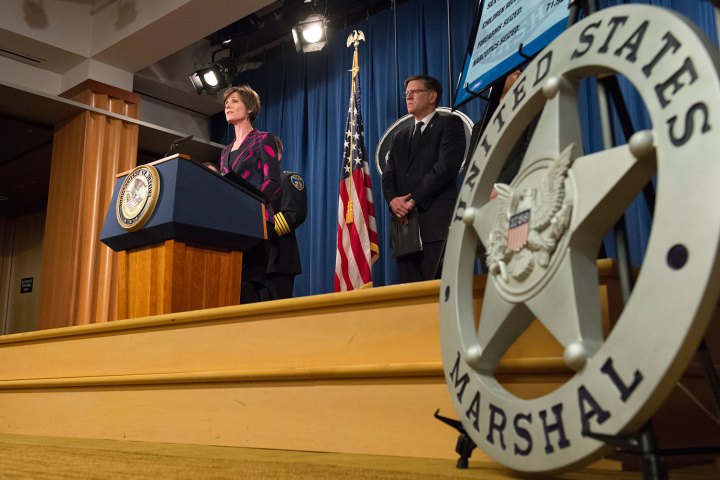
The U.S. Marshals Service, the enforcement arm of federal courts, is holding an auction for the seized bitcoins on August 22; bidders must register by August 17 in order to participate. The electronic currency was seized during a bunch of different cases, but a lot of it comes from investigations of the Silk Road.
Bitcoin is a virtual currency, backed by a peer-to-peer network and advanced mathematics. Its decentralized nature makes it appealing to privacy advocates and others, but also to criminals.
Most infamously, bitcoin was the currency of choice for the Silk Road, which for a long time served as an eBay equivalent for drug dealers. The agency says 2.8 bitcoins in this latest auction were seized from Ross Ulbricht, creator of the Silk Road. Most of the coins for sale come from a few prominent cases.
- 1,294 bitcoins were seized from Matthew Gillum, a Silk Road drug dealer sentenced to nine years in prison in 2015.
- 65 come from Carl Force, a Drug Enforcement Administration agent sentenced for stealing bitcoins during the Silk Road investigation.
- 664 came from Sean Roberson, who allegedly set up a store that sold stolen credit card and debit card numbers.
This is not the first Bitcoin auction conducted by the Marshals Service. The enforcement agency has sold off bitcoins four times since June 2014.
The Silk Road was an online marketplace thought to be beyond the reach of government agencies. Distributed exclusively through Tor, a tool for anonymously browsing the web, it quickly became infamous as a marketplace for illegal guns and drugs. More than 1.5 transactions took place on the site, all conducted using bitcoin.
Crime obviously isn’t the only use for this currency, just the one that garners headlines. In theory, an online currency like bitcoin could serve as cash for the web, allowing online transactions without merchant processing fees.


